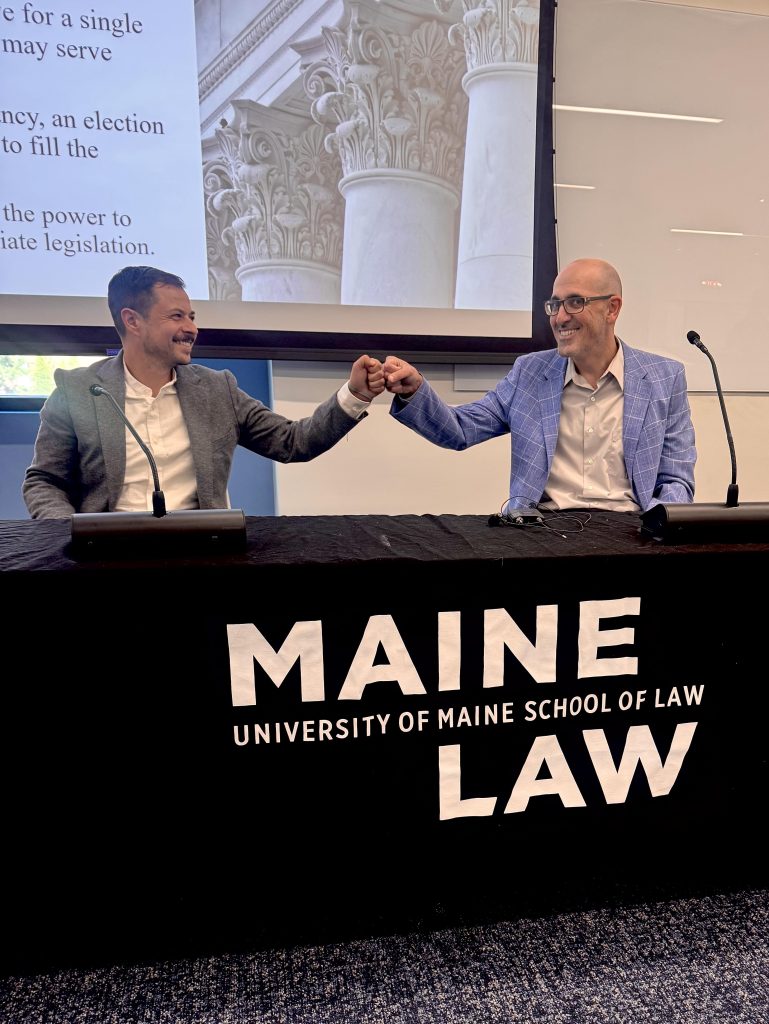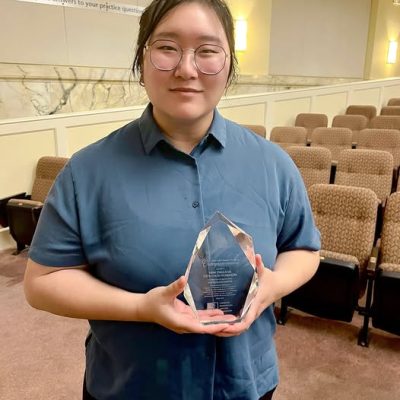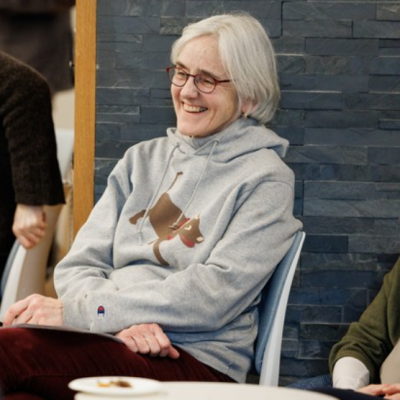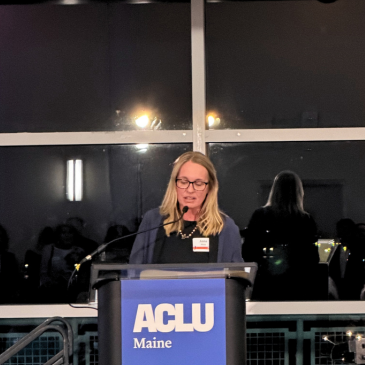On September 17, the University of Maine School of Law celebrated Constitution Day with a friendly dialogue between Professors Dmitry Bam and Scott Bloomberg, both experts and professors in constitutional law. The conversation centered on a historically controversial question: should justices of the United States Supreme Court be elected rather than appointed?
Drawing on his previous work and a forthcoming article, Bam laid out the historical and philosophical case for judicial elections, noting that many state-level judges in the United States are already elected. He cited examples from other countries, including Mexico, which recently embraced federal judicial elections.
Bam argued that public confidence in the judiciary has been eroding and that the current appointment process has contributed to that decline. “There is an important value in the public having confidence in the court, and I think that confidence is undermined through the appointment process,” he said. He also emphasized that judicial independence from the people was not a foundational principle of the American system. In fact, he explained, judicial elections were adopted in many states during the 1800s to increase independence by reducing legislative influence.
“Elections give people a voice and appointments cut them out entirely,” Bam said. “Judicial elections can help curb the rise in judicial supremacy. The people can speak out and align with justices that align with their view of the Constitution.” He proposed a system in which Supreme Court justices are elected to a single 12-year term, arguing that this would prevent entrenched power and increase accountability.
Professor Bloomberg, while sharing Bam’s concerns about lifetime tenure, approached the idea with skepticism.
“Like many lawyers, when I hear the phrase ‘judicial elections,’ I have a visceral reaction,” he admitted. But, he continued, Professor Bam’s work persuaded him to get past that initial instinct and consider judicial elections more thoughtfully. Still, Bloomberg explained that his remaining unease stems largely from the influence of money in modern elections.
“Our elections are fueled by big, often dark money, and to the extent this may be tolerable for elected legislators, I think it is even less tolerable for Supreme Court judges,” he said. He suggested that introducing elections could exacerbate partisanship and increase the risk of unqualified candidates gaining power without sufficient checks.
Still, Bloomberg acknowledged that today’s status quo poses serious challenges. “I’ve been a longtime critic of lifetime tenure,” he said, noting that he has proposed an alternative system of 18-year term limits. “Professor Bam’s article on this issue forces us to grapple more deeply with the issues created by a lack of democratic representation on the court.”
The conversation also explored deeper philosophical questions, such as the role of the judiciary in a constitutional democracy. Bloomberg raised the “counter-majoritarian issue,” the idea that courts must sometimes stand against the majority to protect minority rights. Judicial elections, he argued, could compromise this essential function. Bam countered that transparency and democratic engagement are more important than ever. “In a constitutional democracy, the people that make the law and the policy should be chosen by the people,” he said.
The event concluded on a humorous note as Bam joked that, “The one thing we could agree on the most: elect more law professors to the Supreme Court.”
The Constitution Day dialogue highlighted the enduring importance of open debate in a democracy. As Maine Law students train to become future lawyers, advocates, and judges, events like these remind the community of the living, evolving nature of the Constitution and the responsibility to thoughtfully shape its future while maintaining its integrity.









